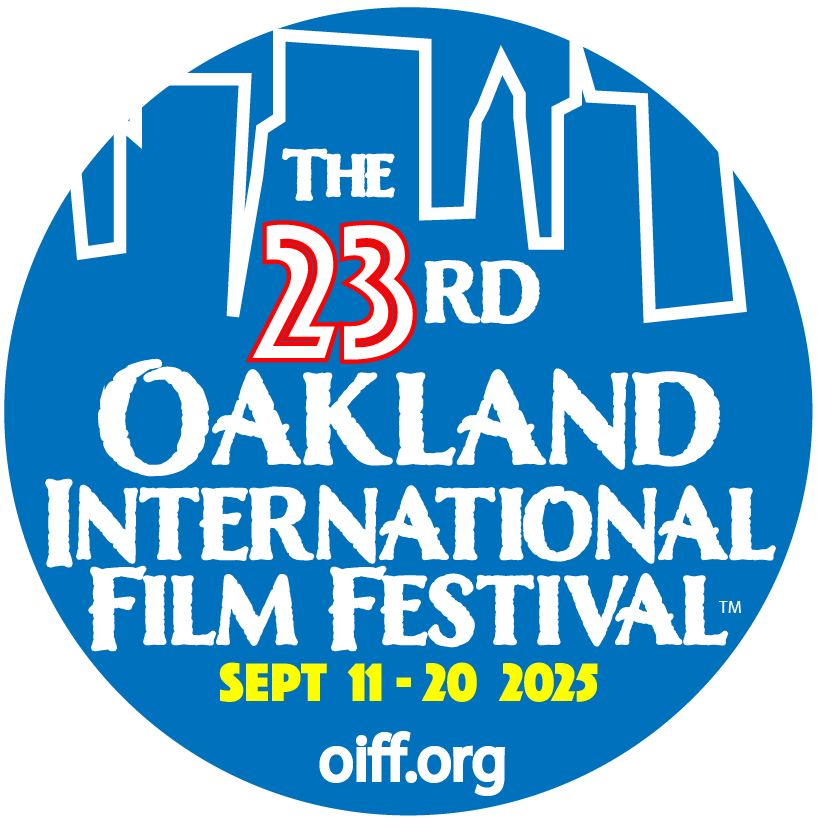The Ossie Award
The Ossie Award is a feature film that exemplifies a “film with the single purpose of improving the human conditions of our ghetto’s here in America and abroad. What are the solutions to these conditions?
What should every child know to overcome the obstacles of poverty, poor education, systemic racism, low self-esteem, etc?
This year, the film: “A Little Hope For Chicago”, directed by Leon Lozano, acted and produced by Kevin Nichols, who plays himself to tell his story growing up, as a Black man in Chicago while transiting into fatherhood.

The Familyhood Award
The African proverb “it takes a village to raise a child.” is referenced often to stress the importance of many people within in a community of all generations, watching over the children.
A village has many definitions.
When we think of a village, we visualize generations of families living together in a general area and all these generations watching over the children and their elders.
The feature film from India: : “Chelladurai” tells the story of two youth abandoned by their parents.
Fortunately, an elder in the community gives the eldest son an opportunity to work for him to provide for himself and his younger sister.
Films like Chelladurai tell the story that often the strongest families are the ones we create, outside of our blood lines.

The Lunda Award
The Lunda people were known to have of the largest expansions in Central Africa, They were also known to be great storytellers who often, when introduced to someone would seek to know the lineage of that individual. If they found they were related\, “the Lundahood” would grow.
The short film: Descendants” The Story of US, Produced & Created by Shanti Lair – Croom and Directed by Shaun Daniels, best illustrated the journeys/ migration and obstacles several families faced right here in the United States in their pursuit towards the American dream.
Descendants” The Story of US are the Lunda Award recipient

The Door Award
The Door Award comes from the book/ film: “The Spook who Sat by The Door’ written by Sam Greenlee, who joined us around 10 years ago, when we screened his film: “The Spook Who Sat By The Door”
Which was made in 1971 and regarded as one of the most revolutionary films in independent filmmaking.
So revolutionary that it was removed from the theaters after playing for three weeks, because it may stir an insurrection in the United States,.
The Door Award recipient is a film that utilizes film as a demonstration tool to show actions to increase governance for the people, by the people.
Stampila

The Injustice Anywhere Award
A documentary film that speaks to an injustice happening to people around the world, as we speak, right now. Communities around the world are fighting to preserve their cultures, their land, their waters for future generations.
As Dr. Martin Luther King Jr. once said, “Injustice Anywhere, is injustice everywhere.”
The feature length documentary film that best captured the injustice currently happening in Central and South American and recipient of “The Injustice Anywhere Award” is “Water For Life.”
“Water For Life” explores the collision of water rights, Indigenous beliefs, and resource extraction through the lives of three community leaders in Central and South America.
Directed by Will Parrinello

The Sankofa Award
Sankofa is a Ghanaian word which means in essence that for “one to move forward, one needs to go back”.
Often times filmmakers choose to use film as a method to share moments of our past. These moments in time, remind us of where we have been and how far we have come. These moments remind us of the injustices we were up against and how we overcame them.
The short film: “The Forgotten History of the Non-Violent Student Movement” by Cecil Brown
Cecil Brown say’s, ” Why did heroes of look like ordinary people? Here’s a story of four students who did exactly that!
In 1960 black students walked into a Greensboro Woolworth Diner in North Carolina. They sat down at a white only lunch counter, definitely protesting racial segregation.
A white waitress came up to them and said, “I’m sorry, but we don’t serve Negroes here!” Without missing a beat , one of the four college student said, “We don’t eat them either.”…This witticism sparked a protest that went all across the South. All they did was sit down but the actions spoke volumes….Greensboro Four taught us that anytime you sit down or stand up for what is right, you change the world. So the next time you are feeling powerless, remember the Greensboro Four….Sometimes, all it takes is a little courage and a lot of heart to change the world!”


